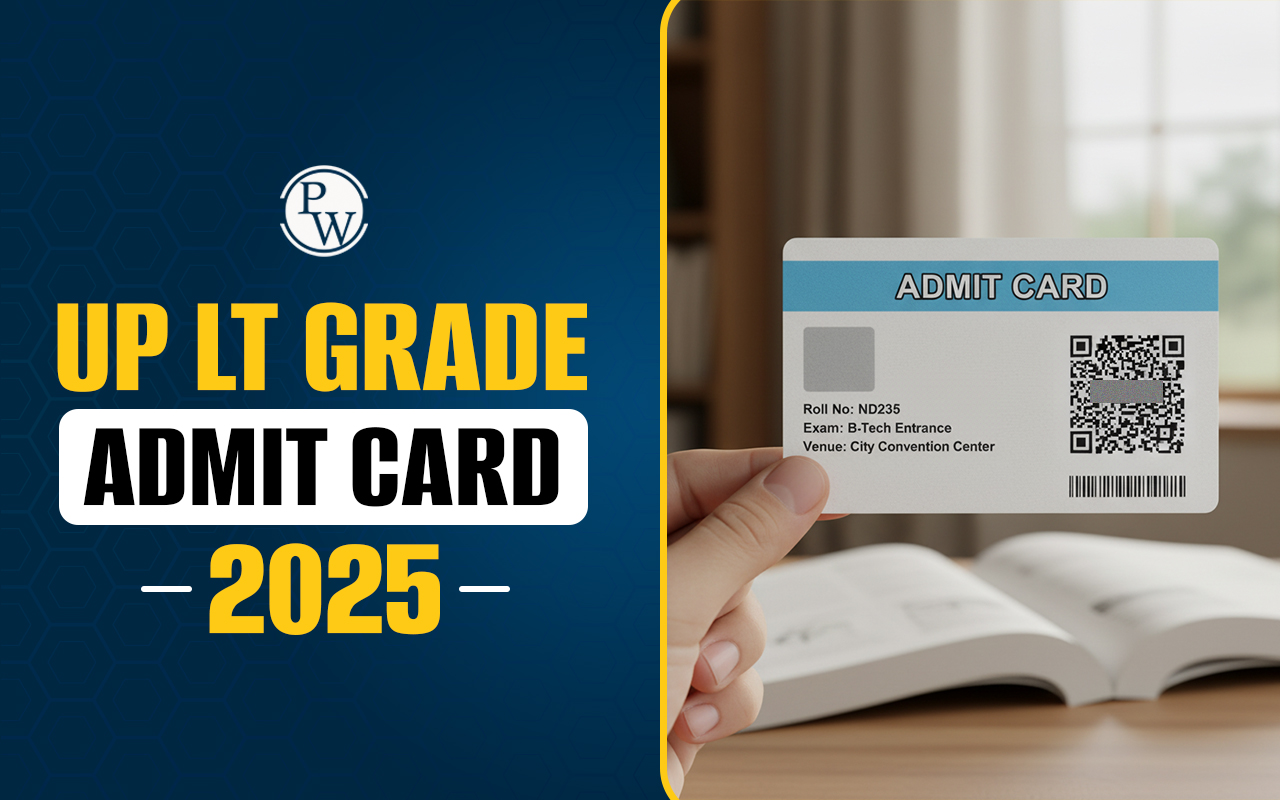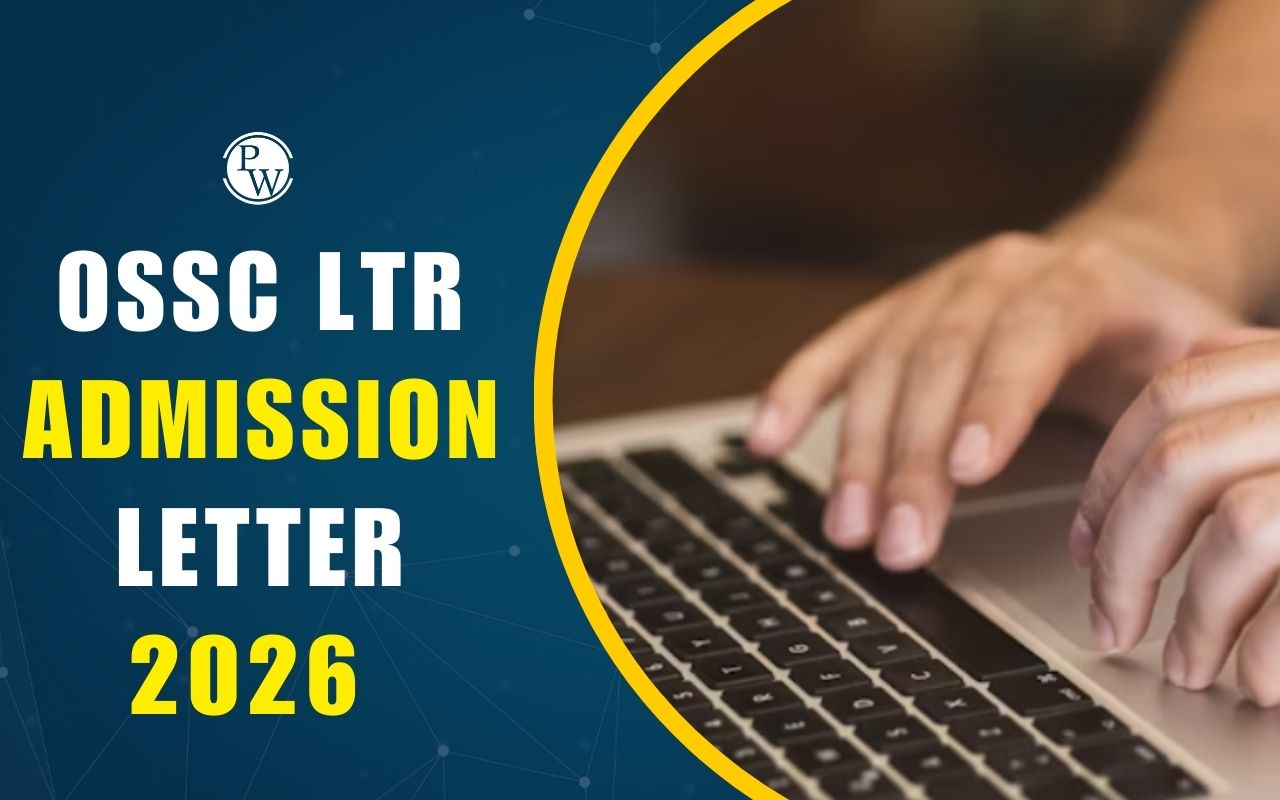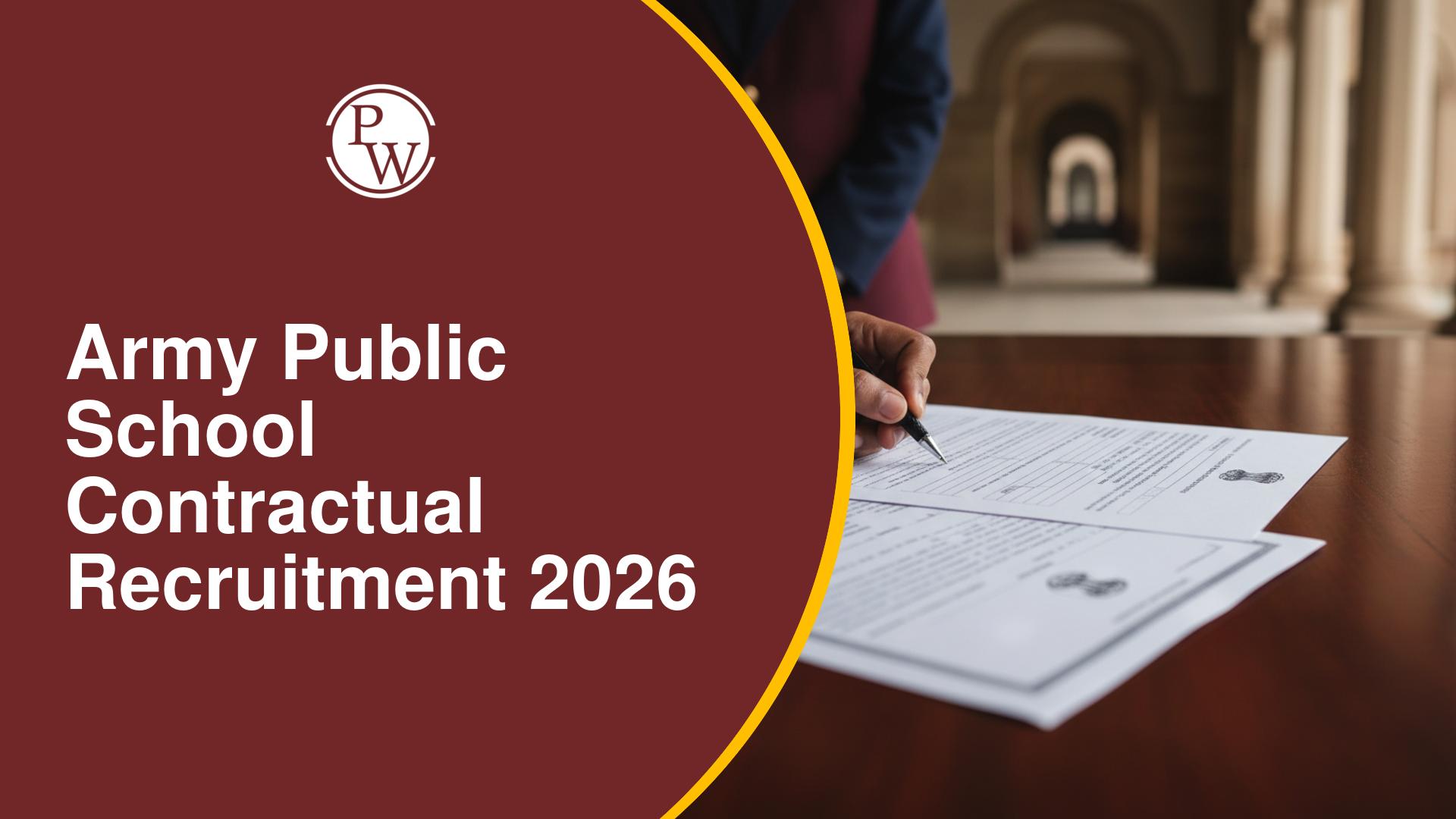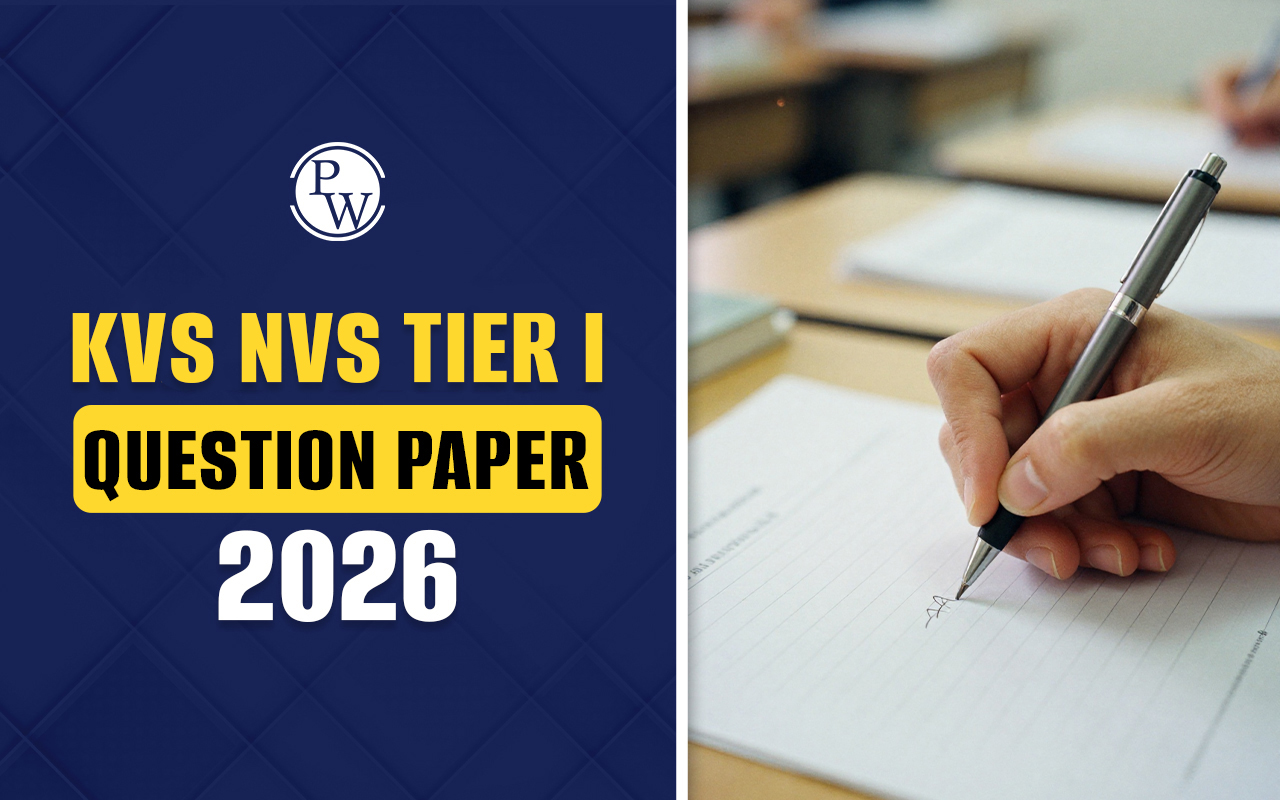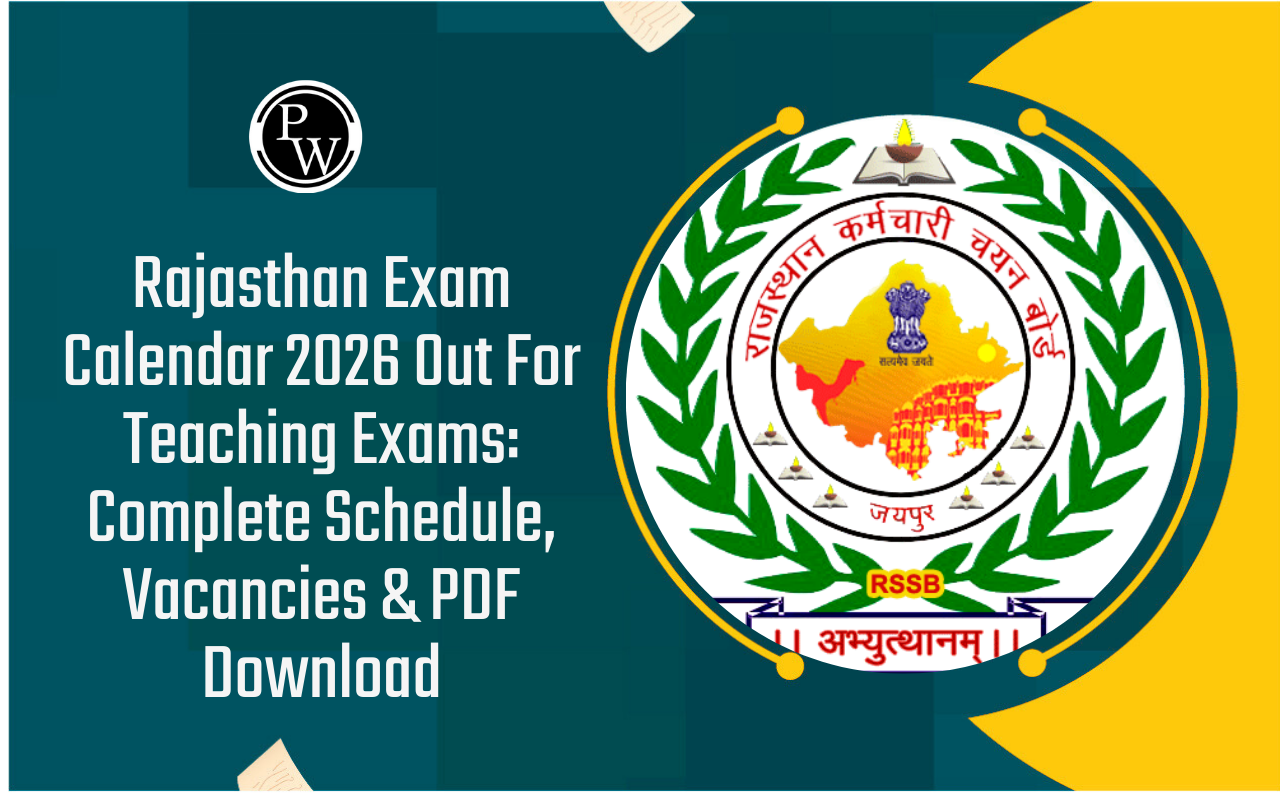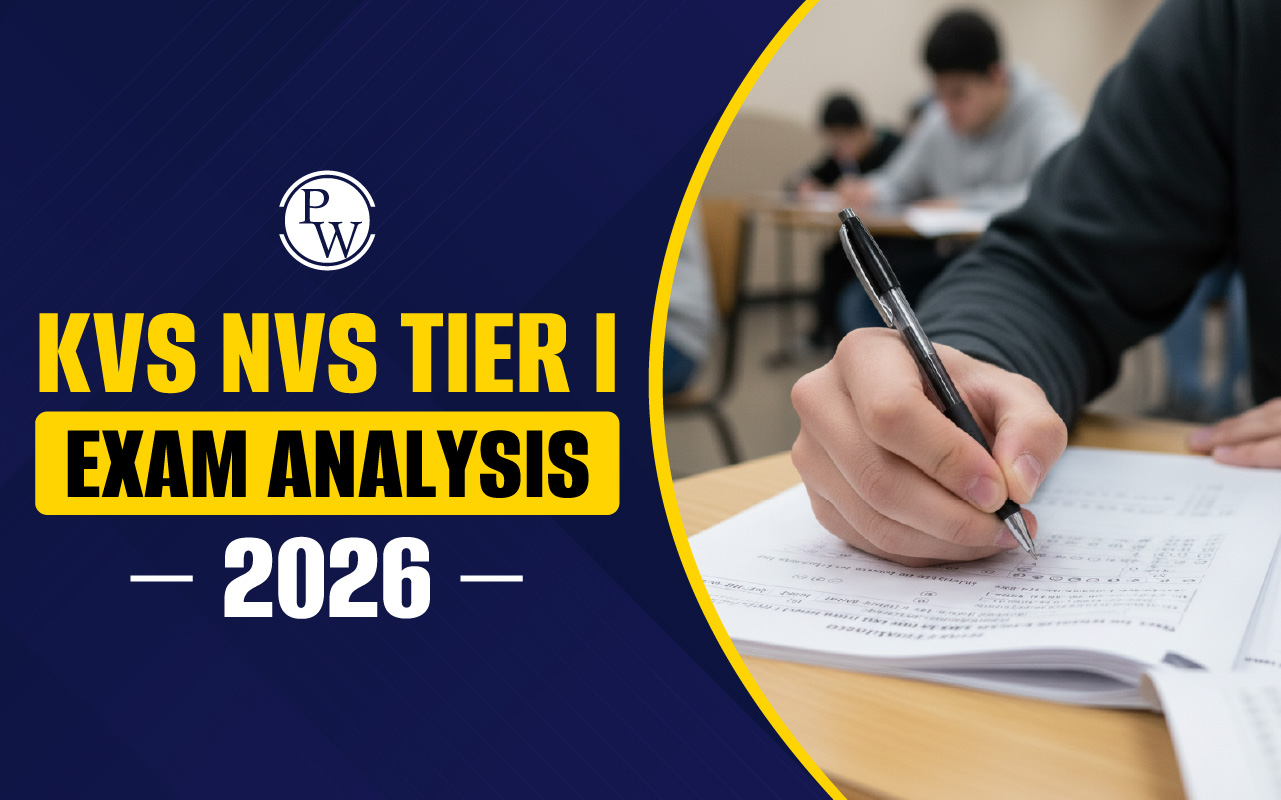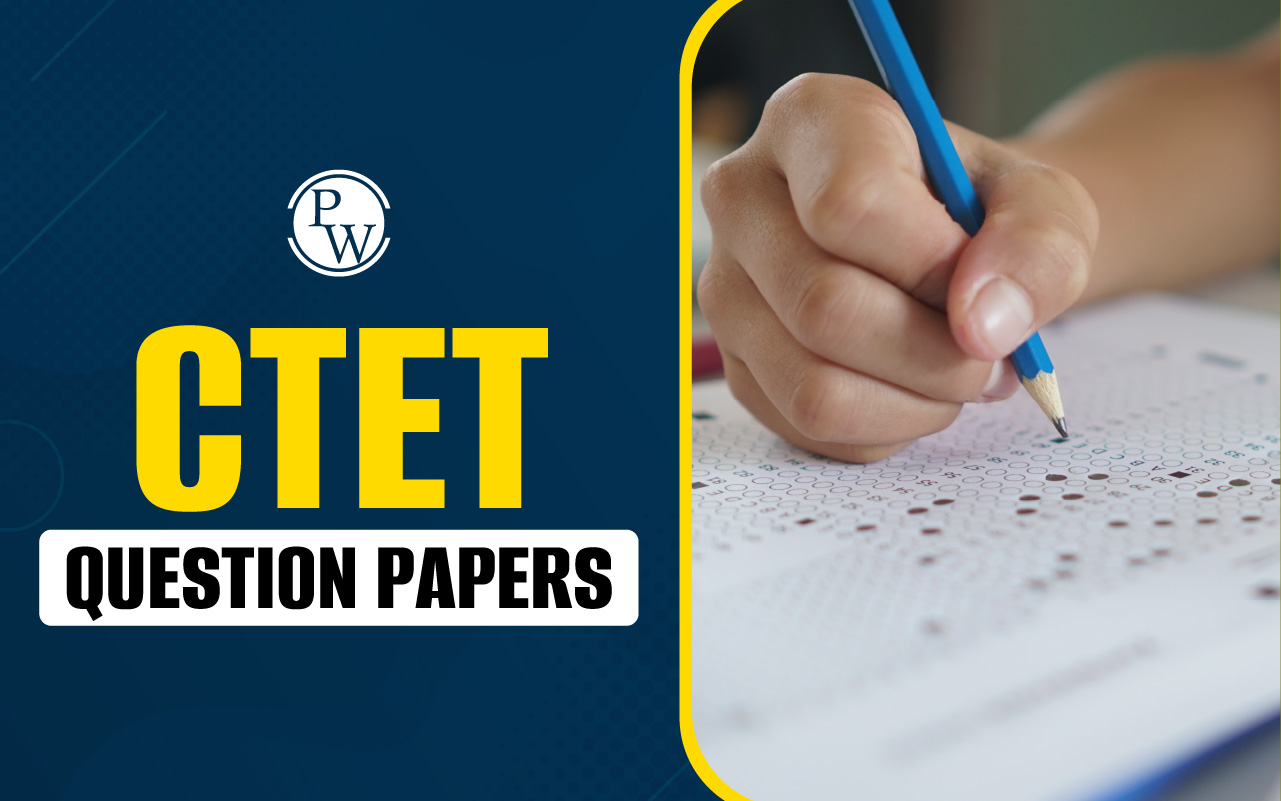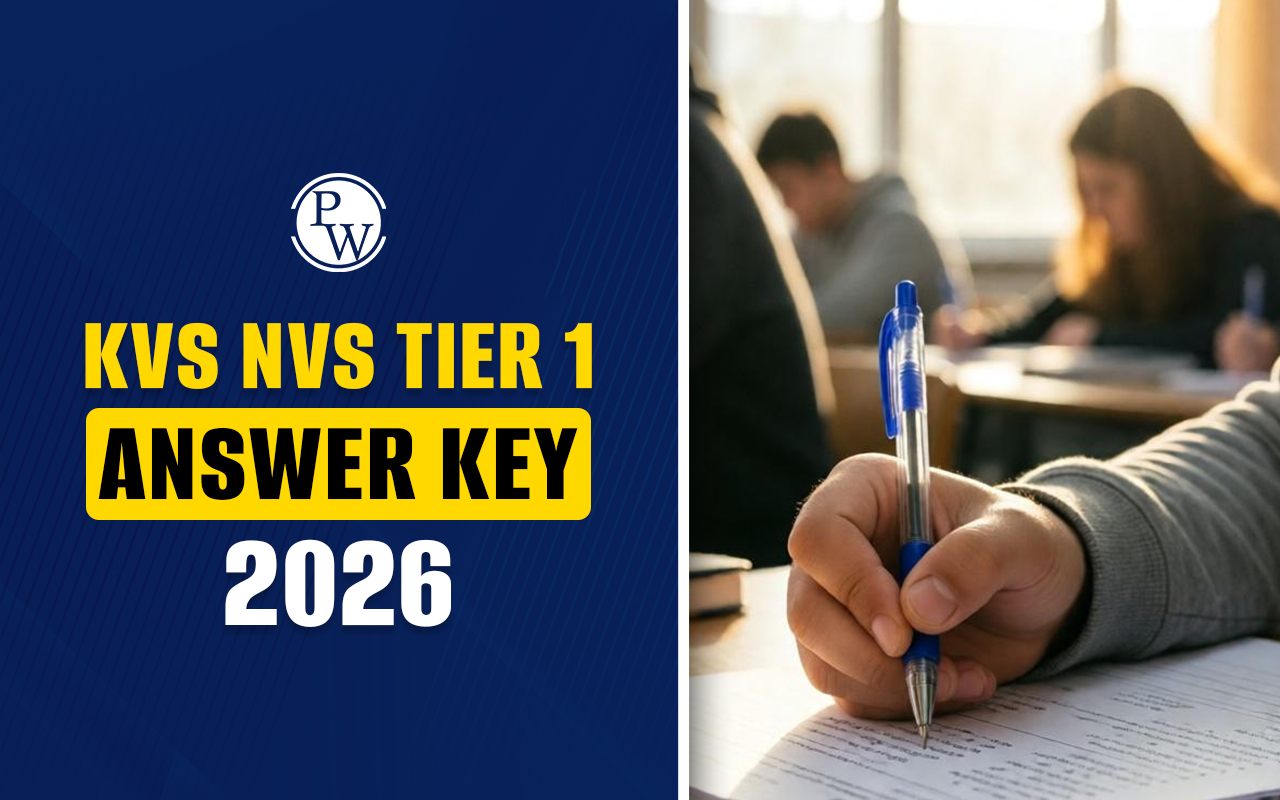
MTET Syllabus 2023: The Department of Education, Meghalaya has released the MTET Syllabus 2023 on the official website, dert.megeducation.gov.in. The candidates can download the Meghalaya TET Syllabus PDF for both papers 1 and 2. The syllabus should be skimmed through to get an idea of the topics prescribed for Primary and Upper Primary Teachers. Additionally, the candidates should also go through the MTET Exam Pattern 2023 to know about the marking scheme, duration and subjects asked in the examination.
MTET Syllabus 2023
The candidates should download the MTET Syllabus 2023 to know about the topics relevant to the exam. The authorities have announced the detailed syllabus for both Meghalaya TET Paper 1 and Paper 2 to ace the preparation with high marks. Additionally, the candidates should also check the detailed marking scheme, duration and subjects relevant to the written examination. Candidates who qualify for the minimum qualifying marks of the exam will be awarded the TET certificate.MTET Syllabus 2023 Overview
Candidates who are aspiring for the MTET 2023 examination can go through the table below to get a quick overview of the examination.|
MTET Syllabus 2023 Overview |
|
| Conducting Authority | Department of Education, Meghalaya |
| Exam Name | MTET 2023, Meghalaya TET 2023, MTET Exam 2023 |
| Exam Date | 01 December, 2023 |
| Exam Category | Recruitment Exam |
| Examination Mode | Offline |
| Application Mode | Online |
| Educational Qualification | The minimum eligibility criteria for the MTET Exam is qualifying for the class 12th exam. |
| Frequency | Annual |
| Official Site | dert.megeducation.gov.in |
MTET Syllabus 2023 PDF Download Link
The candidates preparing for the MTET 2023 Examination should refer to the syllabus PDF as prescribed by the authorities separately. Going through the MTET Syllabus PDF helps to get an idea of the topics that are relevant to the examination. The DRET, Meghalaya has announced the official syllabus PDF for both Meghalaya TET Paper 1 and Paper 2.| Meghalaya Syllabus 2023 | Download Link |
| MTET Syllabus for Paper 1 | Click Here |
| MTET Syllabus for Paper 2 | Click Here |
Meghalaya TET Syllabus 2023 for Paper 1
Candidates preparing for the Meghalaya TET Paper 1 should refer to the subjects that are mentioned in the table below.| Section | MTET Paper 1 Syllabus |
| Child Development and Pedagogy |
Understanding Development
|
| Language I (MIL) |
Candidates can choose one language from the following:
|
| Language II (English) |
The questions will focus on the different language skills and textbook analysis:
|
| Mathematics |
Pedagogical Issues
|
| Environmental Studies (EVS) |
Pedagogy
|
Meghalaya TET Syllabus 2023 for Paper 2
The detailed MTET Syllabus for all the subjects relevant to Paper 2 can be checked in the table below.| Section | MTET Paper 2 Syllabus |
| Child Development and Pedagogy |
Understanding Development
|
| Language I (MIL) |
Candidates can choose one language from the following:
|
| Language II (English) |
The questions will focus on testing candidates’ awareness about making connections between the child’s language (home language) and school language inside and outside the classroom. The questions will be from:
|
| Mathematics & Science |
Mathematics: Pedagogical Issues
|
| Social Studies |
|
MTET Exam Pattern 2023
As per the MTET Exam Pattern 2023, the examination will be held for two papers. Paper 1 is designed for the candidates aspiring for the Primary Teacher profile. Whereas, candidates aspiring for Upper Primary Teachers have to attempt the Meghalaya TET Paper 2. Here are the major highlights related to the MTET Exam Pattern.- The examination will be held in the offline mode
- The MTET Exam will be conducted for a total of 150 marks
- There will be no negative marking for the answers that are marked wrongly by the candidate
- Candidates will get a duration of 2 hours and 30 minutes to complete the MTET Paper
MTET Paper 1 Exam Pattern
| Subjects | Total Questions | Total Marks |
| Child Development and Pedagogy | 30 | 30 |
| Language-I (MIL - Khasi/Garo/Assamese/Bengali/Hindi/Nepali) | 30 | 30 |
| Language-II (English) | 30 | 30 |
| Mathematics | 30 | 30 |
| Environmental Studies | 30 | 30 |
| Total | 150 | 150 |
MTET Paper 2 Exam Pattern
| Subjects | Total Questions | Total Marks |
| Child Development and Pedagogy | 30 | 30 |
| Language-I (MIL - Khasi/Garo/Assamese/Bengali/Hindi/Urdu/Mizo/Nepali) | 30 | 30 |
| Language-II (English) | 30 | 30 |
| Mathematics and Science OR Social Studies | 60 | 60 |
| Total | 150 | 150 |
MTET Marking Scheme 2023
As per the MTET Marking Scheme 2023, the candidates will get 1 mark for every correct answer. Whereas, questions that are marked incorrect or are left unattempted will not account for any marks. Check the detailed marking scheme for the Meghalaya TET 2023 Exam.| Parameters | MTET 2023 Marking Scheme |
| Correct answer | +1 |
| Incorrect answer | 0 |
| Un-attempted question | 0 |
MTET Books 2023
The MTET 2023 Exam is extremely tough and requires a lot of hard work and conceptual clarity. Hence, the candidates are advised to refer to the subject-wise books to gain a better understanding of the topics that hold high weight in the examination. Refer to the table below to know about the Meghalaya TET Book names.| MTET Books | Author Name |
| Child Development and Pedagogy | Arihant Publication |
| Quantitative Aptitude | R.S. Aggarwal |
| English Language | Geeta Sahni |
| Social Studies | Disha Publication |
| Hindi Bhasha | Diamond Power Learning |
MTET Preparation Tips 2023
MTET Preparation Tips should be followed to maximise the marks in the examination. The Meghalaya TET Exam is going to be held for two papers, paper 1 and paper 2. Candidates are therefore advised to refer to the preparation tips prescribed by the toppers to ace the exam with high marks. 1. Updated Study Material Candidates are advised to refer to the updated study materials like MTET Books previous year papers, and question banks to clear the basic concepts. One should use this study material to get conceptual clarity regarding the topics relevant to the exam. Additionally, they should also give ample time to practice for the exam. 2. Study Schedule It is extremely advisable to make an MTET study schedule for the exam. This schedule should have designated time for preparing each subject, practice questions and revising concepts. 3. MTET Mock Tests MTET Mock Tests should be given utmost importance when preparing for the examination. The candidates should attempt these tests regularly to assess their overall preparation level. Additionally, one should mark chapters that are strong or weak and prepare them accordingly for the exam. 4. Proper Revision Regular revision should not be overlooked when preparing for the Meghalaya TET 2023 exam. It is advisable to use short notes for revising concepts that are relevant to the examination. Revision helps a candidate to remember the concepts for a longer time period.MTET Syllabus 2023 FAQs
Is MTET Syllabus 2023 available online?
Yes, candidates can download the MTET Syllabus 2023 from the link available on this page.
How many marks are there in the MTET 2023 Exam?
Both the papers of the Meghalaya TET 2023 Exam will be held for a total of 150 marks.
What is the MTET Syllabus 2023 PDF?
The MTET 2023 Syllabus PDF comprises of subject-wise topics relevant to the examination.
Is there any negative marking in MTET 2023?
No, there is no negative marking for the MTET 2023 exam and no marks will be deducted for wrong answers.
How many subjects are there as per MTET Syllabus 2023?
A total of five subjects will be asked in the exam as per the MTET 2023 Syllabus.
Talk to a counsellorHave doubts? Our support team will be happy to assist you!

Free Learning Resources
PW Books
Notes (Class 10-12)
PW Study Materials
Notes (Class 6-9)
Ncert Solutions
Govt Exams
Class 6th to 12th Online Courses
Govt Job Exams Courses
UPSC Coaching
Defence Exam Coaching
Gate Exam Coaching
Other Exams
Know about Physics Wallah
Physics Wallah is an Indian edtech platform that provides accessible & comprehensive learning experiences to students from Class 6th to postgraduate level. We also provide extensive NCERT solutions, sample paper, NEET, JEE Mains, BITSAT previous year papers & more such resources to students. Physics Wallah also caters to over 3.5 million registered students and over 78 lakh+ Youtube subscribers with 4.8 rating on its app.
We Stand Out because
We provide students with intensive courses with India’s qualified & experienced faculties & mentors. PW strives to make the learning experience comprehensive and accessible for students of all sections of society. We believe in empowering every single student who couldn't dream of a good career in engineering and medical field earlier.
Our Key Focus Areas
Physics Wallah's main focus is to make the learning experience as economical as possible for all students. With our affordable courses like Lakshya, Udaan and Arjuna and many others, we have been able to provide a platform for lakhs of aspirants. From providing Chemistry, Maths, Physics formula to giving e-books of eminent authors like RD Sharma, RS Aggarwal and Lakhmir Singh, PW focuses on every single student's need for preparation.
What Makes Us Different
Physics Wallah strives to develop a comprehensive pedagogical structure for students, where they get a state-of-the-art learning experience with study material and resources. Apart from catering students preparing for JEE Mains and NEET, PW also provides study material for each state board like Uttar Pradesh, Bihar, and others
Copyright © 2026 Physicswallah Limited All rights reserved.

